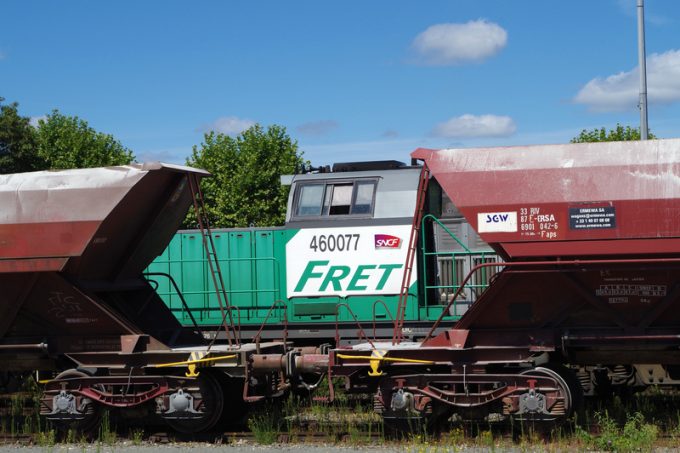€1.9bn handout for DB Cargo restructure 'is in line with EU state aid rules'
The European Commission has approved the German state pumping some €1.9bn ($2bn) into supporting a ...

Fret SNCF is facing a bleak future as it is poised to relinquish some the best-performing elements of its core business from the start of 2024, as part of an agreement reached earlier this year between France and the European Commission on the rail freight ...

Comment on this article